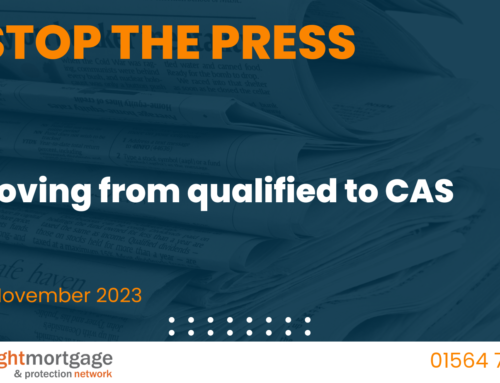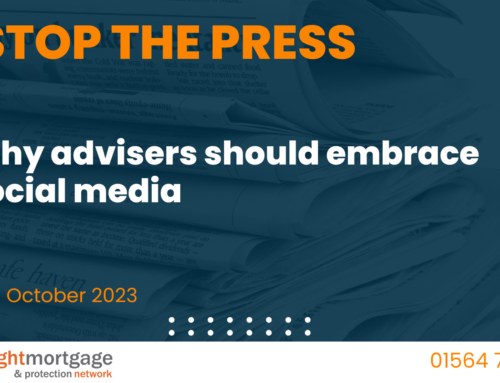Fleet Mortgages, the buy-to-let and specialist lender, has published a new Guide for intermediaries focusing on the limited company buy-to-let sector.
Entitled, ‘Using a Limited Company for Buy to Let Properties’ the Guide provides a range of information detailing the underwriting process for limited company cases at Fleet Mortgages, plus the specific limited company products it offers borrowers.
The Guide also outlines the potential advantages and disadvantages of limited company ownership and focuses particularly on the forthcoming changes to higher-rate taxpayers in terms of the cut from higher to basic rate tax relief on mortgage interest payments, which were announced by Chancellor George Osborne in July’s Emergency Budget, and are due to be phased in between 2017-2020.
There is also information for those existing buy-to-let borrower clients who may be considering moving their properties into a limited company structure.
Fleet Mortgages believes a growing number of clients may opt to develop their portfolios through a limited company and it has recently upped the number of buy-to-let products available for this use. It has fixed and lifetime tracker options available between 65% and 80% LTV, with both experienced and first-time landlords accepted.
The Guide is available to read by visiting the literature section of the Fleet Mortgages’ website, or directly on this link.
Fleet Mortgages only deals with the intermediary market and although its products are tailored towards experienced landlords and property investors, it also offers a full range for standard buy-to-let borrowers. It covers mainstream buy-to-let residential mortgages as well as finance for those investing through limited company vehicles and houses in multiple occupation.
Bob Young, Chief Executive Officer of Fleet Mortgages, commented:
“Undoubtedly, there has been a surge in interest in limited company buy-to-let vehicles since the Chancellor’s announcement in July, but even prior to this we were seeing many professional landlords looking at the company structure in order to develop their portfolios. Given this interest, and the sometimes conflicting information that can be issued on this area, Fleet Mortgages has put together this Guide which will give intermediaries a source of information to discuss with those clients considering such a move.
“In all of this, research and client-specific information is key because a limited company approach may not be right for every single client. There is much to consider not least mortgage availability and pricing, but also whether it is worthwhile transferring existing properties into the company or should it just be used for new properties. Clearly, there are also a number of tax issues that will have a huge influence on this. We would therefore advise the client to make sure they avail
themselves of the services of the mortgage adviser, an accountant and a solicitor before they make such a decision.
“Fleet Mortgages has recognised from the moment we were established that this part of the buy-to-let market was underserved in terms of product choice, understanding and rate/criteria, and we have sought to develop a range which has plenty of options and is highly competitive. We now have almost as many limited company product options as we do for individual/standard borrowers, and given our experience in this part of the market, we believe we are leading the way in terms of the limited company buy-to-let market. We would urge all advisers active in buy-to-let to review this Guide and to contact us should they require any further information.”
For further information on Fleet Mortgages, please visit: www.fleetmortgages.co.uk





